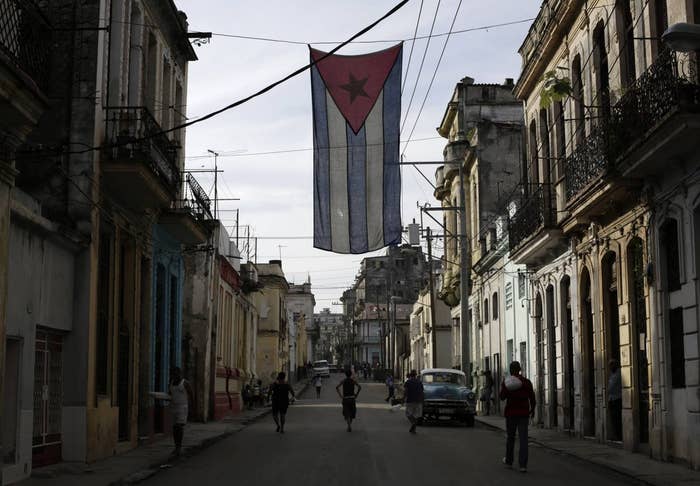
Long-embargoed Cuba is about to become much easier for Americans to visit, but the question of whether or not to actually go remains complex.
On the one hand the tropical country is famously beautiful and unique among Caribbean cultures, while on the other it's still ruled by the Castro family and has been called out for human rights violations. It remains a difficult destination, even if actually getting there is becoming easier.
But for travel writer Rick Steves, that isn't a reason to stay away. Steves is best-known for his European guidebooks and long running TV show, Rick Steves' Europe, and is also the author of Travel as a Political Act. The book delves into the complexities and rewards of traveling to traditionally difficult places and builds on Steves' experiences in Central America, the Middle East, Africa, and elsewhere. His program on Iran also was nominated for an Emmy, and he has been hard at work most recently working on a show about travel to Palestine.
All of which is to say that Steves — who is now planning his first visit to Cuba — knows a thing or two about travel to places that are better known in the U.S. for their challenges than their tourist infrastructure.
In light of the U.S. decision to relax restrictions to Cuba, Steves spoke to BuzzFeed News about how to visit difficult places, what Americans should keep in mind, and how travel can help historically divided people build bridges.
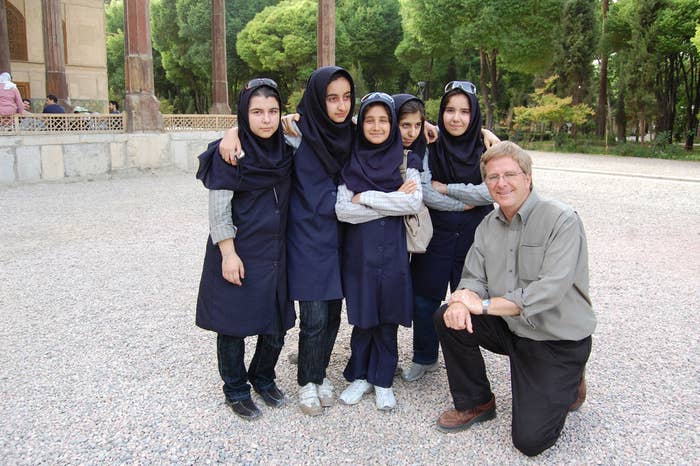
On the ethical challenges of traveling to complicated places, Steves believes the benefit of making human connections — where both sides learn about each other — outweighs the arguments in favor of staying away entirely.
"For years we've been taking groups to Turkey and for years I've had people saying I shouldn't be promoting tourism to Turkey because it's endorsing the human rights abuses of its government. But the intangible value of connecting people to people is so important in so many ways.
"I just think that the value of people to people travel trumps the value of boycotting some government that's got bad policies. I think it's kind of hypocritical for us to be upset with other countries without being upset with our own government because we do a lot of things that would merit boycotting also."
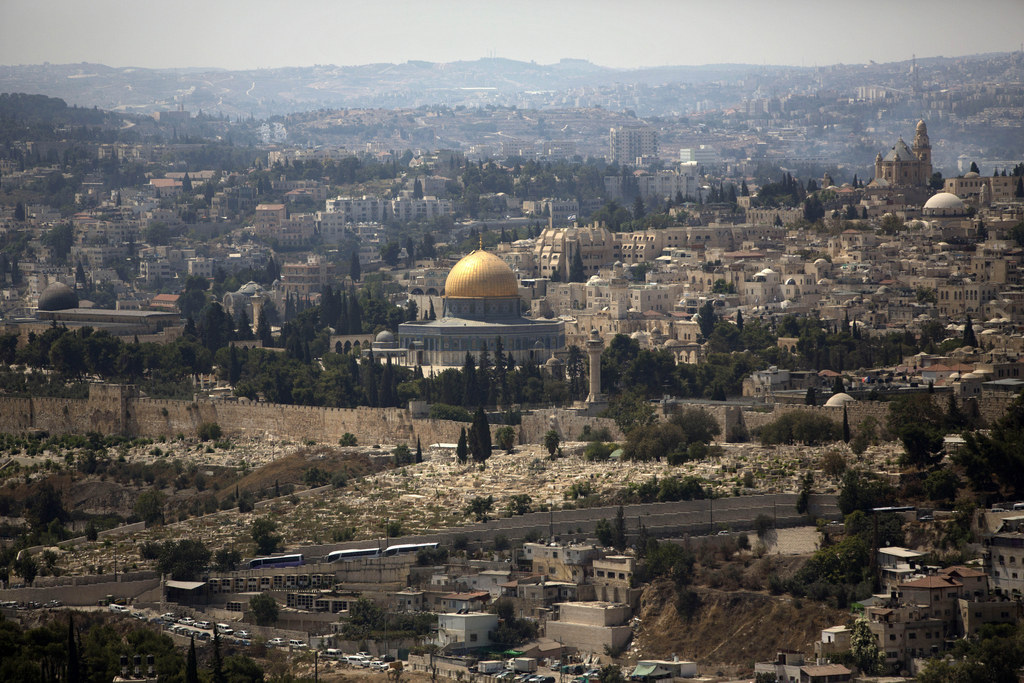
Steves had some practical advice for travelers looking to maximize the positive impacts of their trips: Spend your money at local businesses.
"I feel better when I'm consuming in a way that my money stays in the country. And a thoughtful traveler can do that quite well. Hiring local guides direct is a beautiful thing. Each one is earning a living for a family. It's just sort of enlightened consumption to consume in a way where you're supporting small businesses that are locally owned.
"I was just in Egypt and went into a cobbler's shop and he was a Christian cobbler, judging by the calendars and the posters hanging on the walls. He was Coptic Christian. And just the previous day a bunch of Islamists had burned down a church and killed a bunch of Christians.
"I had a chance to sit down with the cobbler and found out that his family has been in that community for a thousand years and he felt perfectly part of the family even though his religion was Christian and his customers that were all around us were Muslims. I wouldn't have had that experience with a tour group and I wouldn't have had that experience without a local guide.
"If I went to Havana I could do fine with a guidebook covering Cuba, but I would want a guide to interpret for me, take me behind the scenes, and know how much I could adventure without getting into an area where I might be taking risks that I shouldn't take."
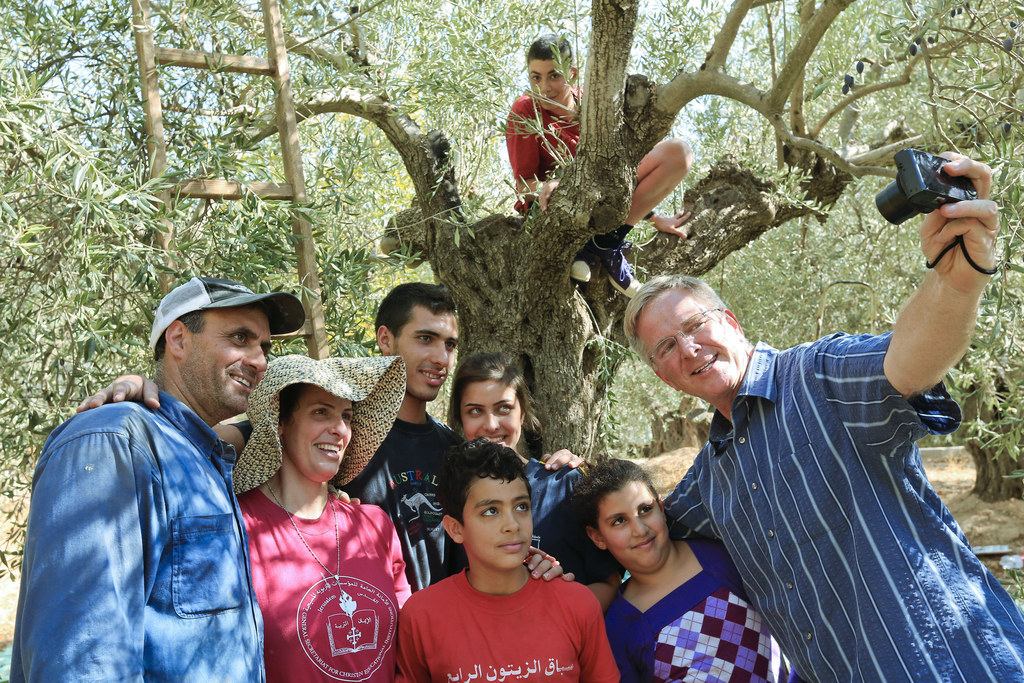
When travelers make decisions about where to go, they're also choosing how much they'll get out of a trip. And according to Steves, choosing a more complicated destination — for example, like Cuba — can mean getting more out of a trip.
"If you want easy you go to Orlando. If you want to travel in a sense that gets you out of your comfort zone and gets you connected to the realities of this planet you go to a place that's what some people think is sort of complicated. I don't think it's any more expensive or I don't think it's risky to go to Nicaragua instead of Puerto Vallarta or Mazatlán. You have a choice.
"You can lay on the beach with a bunch of Americans in a resort that is gated and protected from reality. And there's nothing wrong with that in itself, but if you want to better understand our world that's not a good way to do it."
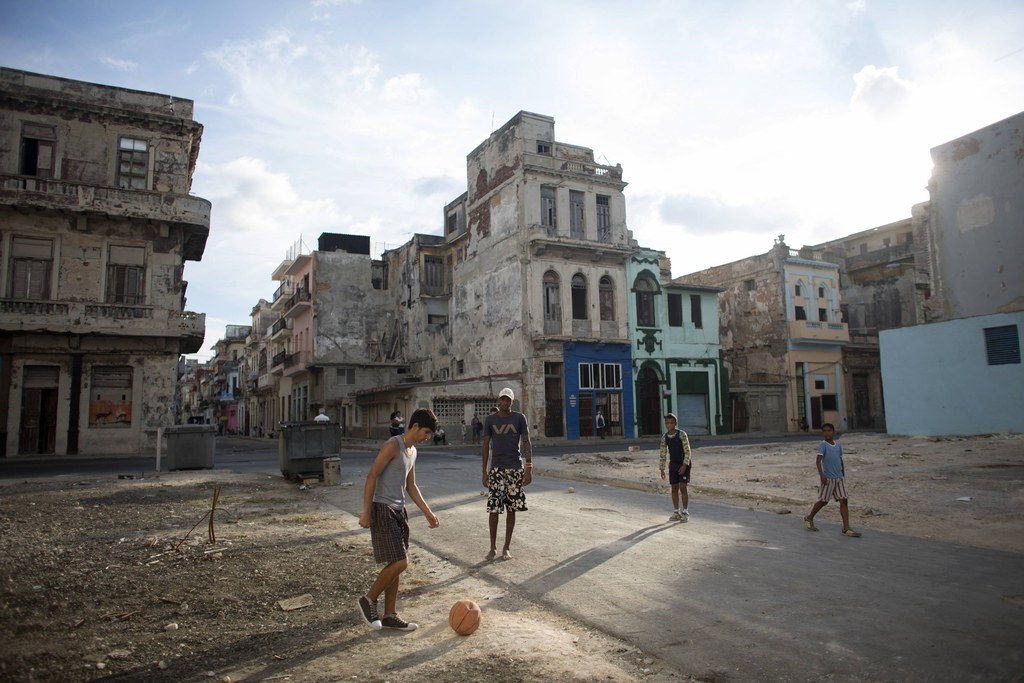
His argument is that traveling "wallops" ethnocentrism by connecting cultures and revealing how different values work for different people. "Other people don't have the American dream," he said. "And then you realize that's a beautiful thing."
"The beautiful thing about travel is it humanizes different parts of the planet. I mean, if you go to Israel and you don't cross the wall and go into Palestine, you don't know the Holy Land. Very, very few Americans that go to the Holy Land really see both sides of the wall and get both narratives. They'll make a beeline from Jerusalem into Bethlehem to see the church of the nativity and then they'll jump back on their bus and scamper back into Israel and be thankful they didn't get kidnapped.
"I just think that's a very paranoid and narrow and one-sided look at the Holy Land. And it doesn't matter what your politics are or who you're inclined to favor, a smart traveler is going to want to hear both narratives and approach it with an open mind."
The "political act" of traveling, according to Steves, involves two parts: visiting a foreign place and learning something, then bringing that knowledge home and acting on it.
"The political act is you come home with a broader perspective. You come home with a mindset where you're more inclined to celebrate diversity instead of being fearful of it, where you're more inclined to build bridges and less inclined to build walls.
"You're less fearful and that's the best souvenir: that broader perspective. And then to implement that new world view as a citizen of our great nation and democracy, that's what makes it a political act."

